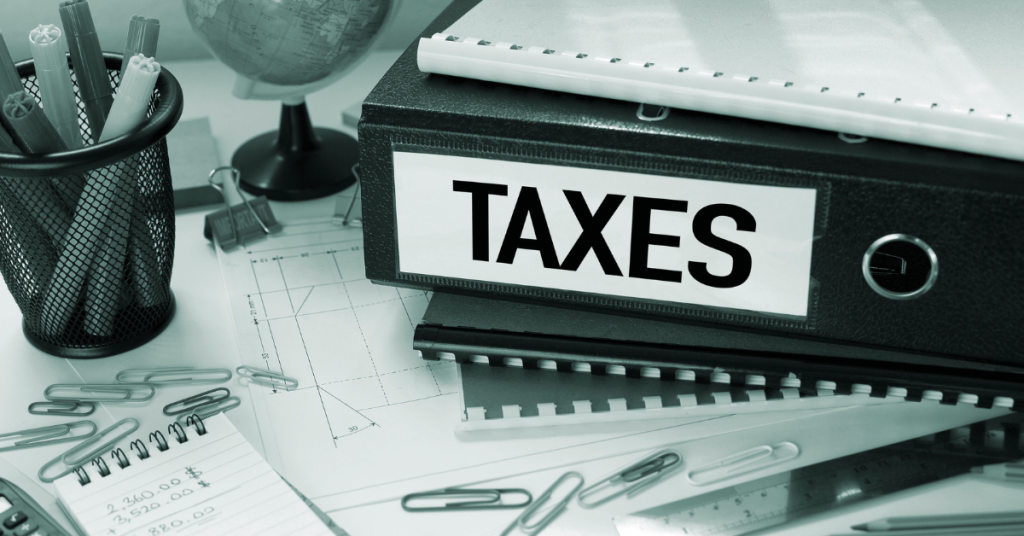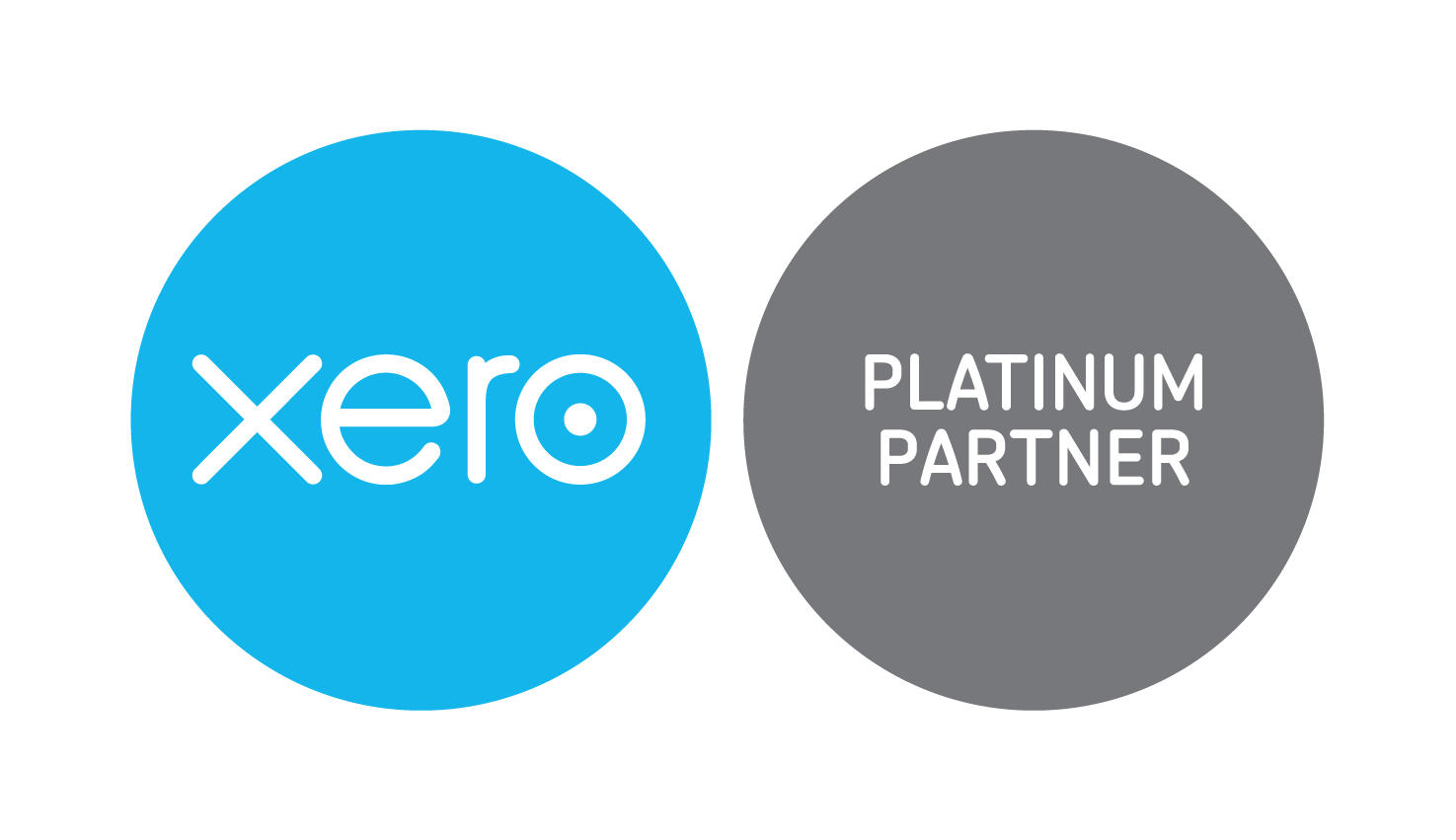If you’re new to running a small business or simply want to get ahead of understanding what is required for tax season, we’ve got some ideas for you.
As reputable chartered accountants we completely understand that numbers and tax are not everyone’s strong point – but that’s where we come in.
While the Australian Tax Office keeps a healthy amount of reputable information on their website, if you don’t know what you’re looking for, it’s difficult to know where to start – especially as a small business just starting out.

The basics
Invoices & Receipts
Think of records as a proof of purchase or expenditure. Without them, you can’t prove the money that’s come into your business or claim back expenses that have gone out of your business.
All of your sales and purchases records must clearly state –
- Date
- Line item or purpose
- Cost of transaction
- Goods and Services Tax (GST) or any other relevant information
It’s important that you keep all of your invoice records for at least five years.
Staying on top of your bookkeeping with the help of a comprehensive software like Xero means that all of your records are imported automatically via your banking connection.
For physical purchase and paper receipts, you can scan them with your phone and upload to your software.
Stock taking & stock control
If your business carries physical stock, it’s important to do a stock take once a month.
This helps correlate sales and income data with purchase and expenditure.
Stock also refers to things that you use on a daily basis to keep your business running.
There are generally four main types of stock, namely:
- Raw materials – ingredients to make goods
- Work in progress – items that are still in the manufacturing process
- Ready for market – items that are ready to be sold and/or distributed
- Business consumables – goods used to run your business like printer ink
Take into account how long it takes to –
- Receive payment from when goods are sold
- Receive stock when ordered from wholesalers
- How long business consumables last in-house
If you buy too much stock up front, you could suffer a loss due to spoilage.
However, if you purchase too little, then you’re most likely missing out on more sales. So, keeping with a good stock take regime helps to predict exactly how much of your items you need to maintain a profit.
Most importantly, if you do have to discard stock, be sure to record it in your books or with your bookkeeper as a loss so that it’s accounted for.
For more about keeping records for your business, see the ATO website for more.
Using company assets
It’s vital to distinguish between company assets and your personal assets. For small business owners, this can be difficult. As an example, if you’re running your business from your home, the electricity is used for both personal and business.
There are a lot more areas to navigate, especially working from home but at its very core, the ATO just wants to see a thorough breakdown of where your costs are going – personally and for your business.
An easy way to help navigate this – if you haven’t already – is to open a separate bank account that your business receives money and keep business-related expenses from that account. Depending on your income and structure of a business you can also pay yourself a salary from the profits of that account.
For home-based businesses, there have been changes to claiming your tax deductions.
This is taken directly from the ATO:
- Temporary shortcut method – from 1 March 2020 to 30 June 2022, you may have the option of an all-inclusive 80 cents per work hour temporary shortcut method.
- Tax depreciation incentives – you may be eligible for an immediate deduction or an accelerated rate of depreciation under one of the tax depreciation incentives (such as temporary full expensing).
For sole traders and partnerships, the ATO has an extensive document that breaks down types of expenses you can claim when operating your business from your home and how to calculate your claims.
This document also helps you calculate –
- Occupancy expenses
- Running expenses
- Capital Gains Tax
- Cost methods, fixed rates or shortcut methods.
What are business deductions?

Depreciation
As a small business, you would ideally be using simplified depreciation rules for your business deductions.
Depreciation assets are items that are used to run your business but their value decreases throughout each year or you have no choice but to spend money on it for your business; for example, your work computer or company vehicle.
Provided you have the receipts and valid reasoning for your claims, your business is eligible for tax deductions in these categories –
- Equipment and tools
- Free standing office furniture
- Cars, vans, tractors & other motor vehicles
- Computers, laptops, tablets
- Earnings, salaries and Super contributions
Be sure to check out your deduction limits on eligible assets on the ATO website or with your accountants.
On the other side of the spectrum, there are also assets that, despite being crucial for your business, they are not eligible for depreciation.
These excluded assets include –
- In-house developed software
- Plants
- Buildings and structural improvements that don’t benefit the business
- Research and development tools and assets
Writing off debts and losses
Bad debt means – money that is owed to you but – despite trying – it is unlikely that you’ll recover it.
However, just because someone missed a single payment doesn’t mean that you can write that debt off.
In order to write off bad debt, you need to prove that –
- You tried to contact the debtor
- You have sent reminder payment notices
Small Business Investments & Boosts
As of March 2022, it was announced at the annual budget speech that small businesses that have an annual turnover of less than $50million, can deduct 20% of the costs incurred for technology used in the business.
This is called the Small Business Technology Investment Boost and includes portable payment devices, subscriptions and similar devices.
In addition, any relevant training courses provided to your employees are also eligible for an additional 20% deduction. This forms part of the Small Business Skills & Training Boost.
These new measures have not been put into law yet, so keep your Google alerts on. However, if you are eligible to claim, it can only be on expenses that occurred between 7:30 pm AEDT 29 March 2022 until 30 June 2023.
What should you know about paying Tax?

Know your tax rate & structure
The amount of tax you pay depends on what your business structure is. If you are a small business that operates through a company then the tax rate is currently at 25%.
Any investment operation company will be taxed at 30%.
If you operate through a discretionary family trust the profits are distributed to the beneficiary individuals who are then taxed at their individual marginal rates.
Capital Gains Tax
Capital Gains Tax (CGT) is a tax on the growth value of your investments when you sell them – for example; selling a property that has increased in value and paying tax on that amount.
Find out more about Capital Gains Tax.
Goods and services tax (GST)
Everything you sell or the services your business renders, you’re required to pay an additional 10% – but it doesn’t apply to everyone. Businesses that need to register for GST tax need to meet one or more of these criteria –
- You have a GST turnover of $75,000 [ie: 10% of all your sales add up to $75,000 or more]
- Your Non-Profit Organisation has a GST turnover of $150,000 or more
- Your business wants to claim fuel tax credits
What to do if you’ve made a loss?
As much as we hate to say it, running a loss is always a possibility. There are different rules that apply should you run a loss – however, these all depend on structure.
If you think that your business is running a loss, it’s vital to get professional advice to ensure that you remain in good standing with the Australian Taxation Office in terms of meeting your tax obligations and also understanding your cash-flow position.
Other information you should know
Single touch payroll
In short, it’s a way for business owners to easily report wages, PAYG and superannuation paid to workers directly to the ATO.
For a full breakdown about how to start reporting on STP, visit the ATO website.
What if your business is failing?
The current economy is so unpredictable, and it’s especially affecting small businesses.
If your business is not able to meet tax, super and other financial obligations, there is reliable support for this area, also available from the ATO.
Get a tax professional
Once you’ve grasped the concept of tax, you can then set your sights on financial goals, retirement planning and other long-term goals, and we can help you with all of it.
COADS is a reputable chartered accountant firm in Australia that can help you make smart financial decisions. We ensure to help your business thrive by assisting you with your tax and other financial queries.
Contact us today.



